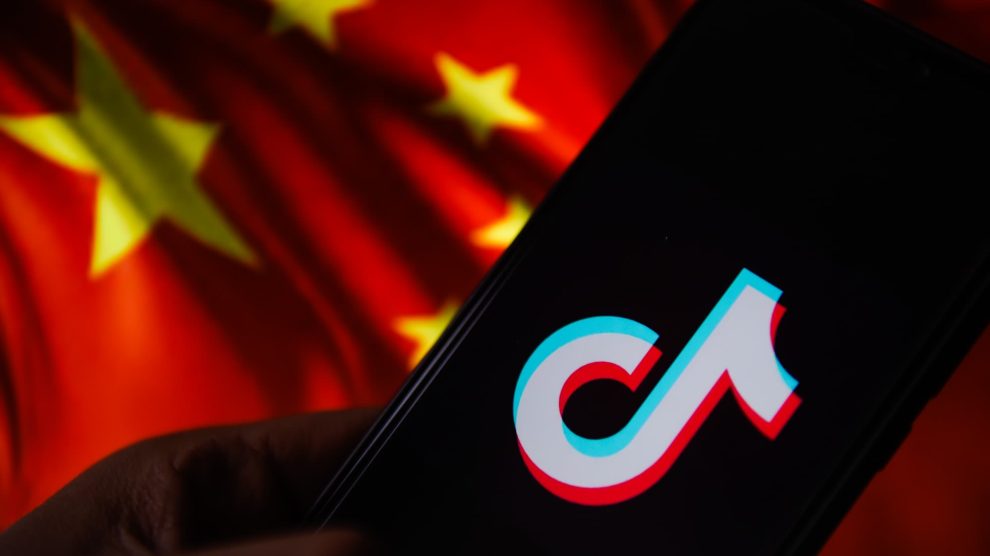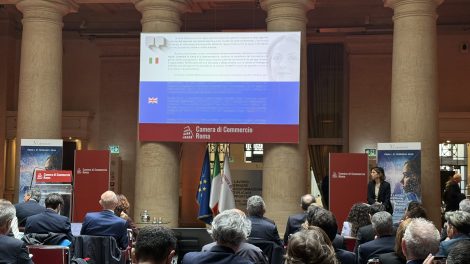Italian privacy watchdog shines limelight on TikTok. Over the weekend, Italy’s Garante della Privacy sent an official note to ByteDance, the Chinese company behind the social media app, to understand whether Italian and European users may be at risk of being spied on by the Chinese Communist Party.
- The move follows media reports which, paired with longstanding suspicion and Beijing’s essentially unfettered access to the data of Chinese companies, highlight the security risks behind the popular app.
A step back. Recently, former ByteDance employee Yintao Yu alleged in a sworn statement to a US court that the CCP targeted pro-democracy protesters in Hong Kong in 2018 by using “backdoor” access to TikTok to identify and monitor the activists’ locations and communications.
- If proven true, this amounts to the first evidence of the CCP actually accessing TikTok user data, strengthening the case for it being a security threat.
- ByteDance disputed Mr Yu’s claims, which it deemed “unsubstantiated” and “clearly aimed at attracting media attention,” and promised to “vigorously oppose” them in a statement.
The Garante’s request. Considering that the news refers to an allegedly illicit transfer of personal data from TikTok to the CCP – something ByteDance repeatedly denied could happen, even in recent meetings with Italian institutions – the Garante “has invited the latter to supply its own observations on what has been reported and on the possible involvement of TikTok Technology Ltd in the transmission of data of users also Italian and European to the Chinese government authorities.”
- ByteDance now has less than two weeks to comply, explained the note.
- “In line with our collaborative approach that has always characterised our relationship with the Authorities, we will provide the Garante with the information requested regarding the allegations made by the former ByteDance employee,” said a TikTok spokesperson.
Rising concerns. In March, following in the tracks of several other Western nations, the Italian government reportedly mulled whether to ban TikTok from civil servants’ phones, although it later denied this. Shortly after, opposition lawmakers urged the government to “act quickly” on the matter.





